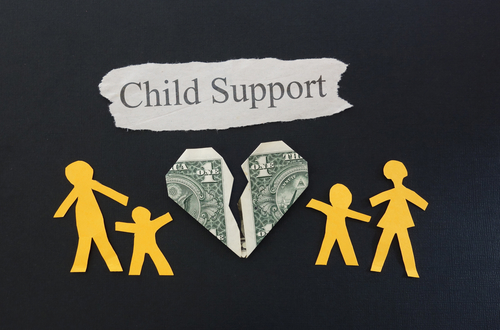
Why Fight? Important Tips for Negotiating Divorce in Ohio
If you are thinking about divorce in Ohio, it may be worth your time to consider agreements that you can make out of court to keep conflict and legal costs low.
There was a time when the court was involved in every divorce action. Today, with careful use of alternative dispute methods, you may be able to create satisfying divorce agreements without as much, or any, reliance on the court. Here are some important points to understand about approaches to working through the primary divorce issues of child custody, child support, and property division in Ohio:
- The kitchen table: Some couples are able to work though basic agreements together. While it is a good sign that you can still work with your spouse as you head toward divorce, these conversations are best used to talk around the issues, identify assets, and discuss how you want to handle parenting, if you have children.
- Mediation: With a neutral mediator, you and your spouse can privately work out the same agreements that you would have at the kitchen table. If your mediator is an experienced family law attorney, they can steer you through pitfalls of which you might not be aware. A mediator helps you talk through issues, overcome challenges, and make legally sound agreements. If your mediator is not experienced with Ohio law, be sure to have your mediated agreement reviewed by an attorney before you sign.
- Negotiation: Negotiation allows you and your spouse to use an attorney in an informal setting, to help you work through the agreements. With experienced divorce attorneys in the room, you can gain immediate, reputable feedback on how your anticipated agreement will work for you, your family, and into the future. You can choose to have your attorneys discuss the issues, or you can discuss them with your spouse, with the attorneys present.
- Collaborative Law Process: Since 2013, Ohio has had a law permitting families to use Collaborative Law to solve family conflict in a more private setting. The parties must sign an agreement to participate in the process, which includes both parties being represented by specialized divorce attorneys and can include other specialist such as financial or mental health experts. The attorneys involved help the parties understand the legal aspects and consequences of their decisions, but the process is not supposed to be adversarial or confrontational. Once the parties reach an agreement, the attorneys put the paperwork together and submit it to the court. If the process breaks down, and litigation ensues, the attorneys are not permitted to continue to represent the clients in the contested matters.
While kitchen table agreements can be low conflict, it is important to personally speak with an experienced divorce attorney to ensure your rights are protected. Some spouses unwittingly sign agreements that do not serve their best interests, or the interests of their children. Your agreements should align with Ohio law and your wishes for the future.
Despite the benefits of low conflict communication during divorce, a lot of couples have difficulty with mediation or negotiation. Ohio courts provide structure for working through the entire divorce process or just handling particularly contentious issues like child custody or spousal support.
If you have a spouse who is interested in working out the details of your divorce outside of court—it could be worth the conversation.
Experienced Divorce Attorneys Serving Southern Ohio
With office locations in Chillicothe and Waverly, the law firm Seif & McNamee, LLC delivers trusted legal service on contested and uncontested divorce matters in Ohio. When you have questions about child custody, spousal support, or property division, we provide accurate, straightforward legal counsel. Call 740.835.4882 or contact us today.



